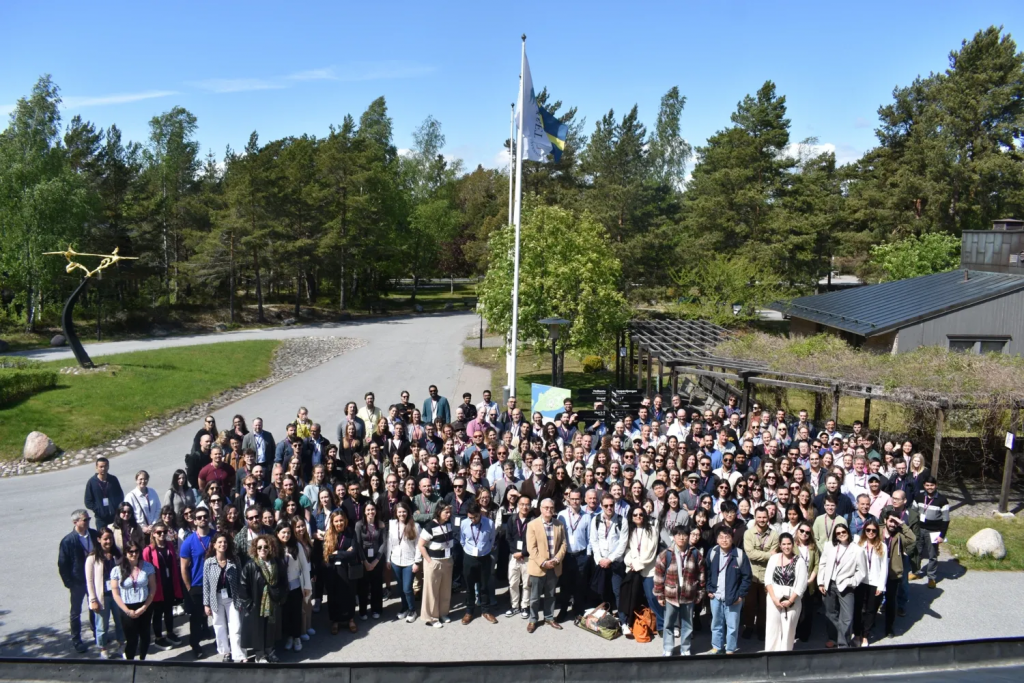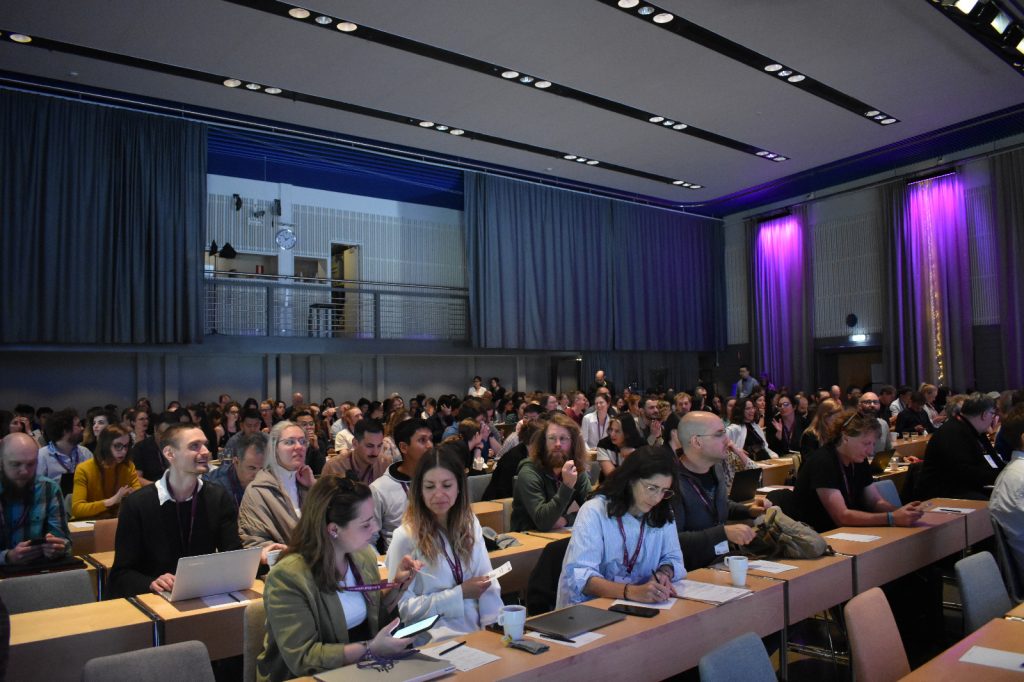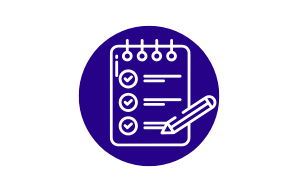Augusto Escalante, senior researcher at the Institute of Neuroscience CSIC-UMH: “I left the 2025 StratNeuro Retreat feeling energized and full of new ideas”
12 June 2025
 The Karolinska Institutet (KI)’s Strategic Research Area Neuroscience, StratNeuro, has organised its annual retreat. With the aim of bringing together and putting in contact researchers, postdocs, and predocs, along with the University of Umeå and the Royal Institute of Technology in Stockholm, the NeurotechEU allied university KI has gathered over 200 participants on 27th and 28th May. Among them, from the Miguel Hernández University of Elche (UMH), senior researchers from the Institute of Neurosciences, a joint centre of the UMH and the Spanish National Research Council (CSIC), Inmaculada Cuchillo and Augusto Escalante, attended.
The Karolinska Institutet (KI)’s Strategic Research Area Neuroscience, StratNeuro, has organised its annual retreat. With the aim of bringing together and putting in contact researchers, postdocs, and predocs, along with the University of Umeå and the Royal Institute of Technology in Stockholm, the NeurotechEU allied university KI has gathered over 200 participants on 27th and 28th May. Among them, from the Miguel Hernández University of Elche (UMH), senior researchers from the Institute of Neurosciences, a joint centre of the UMH and the Spanish National Research Council (CSIC), Inmaculada Cuchillo and Augusto Escalante, attended.
The StratNeuro Retreat is a multidisciplinary initiative held in the Djurhamn archipelagos. Over a day and a half, attendees enjoyed keynote lectures, symposia, poster sessions, and blitz presentations. According to Escalante, “Each component of the program offered something unique, whether it was learning about cutting-edge imaging technologies, discussing translational projects, or listening to field experts in neuroscience.”
The annual retreat works as a “meeting point” for established experts and early-career researchers, as Escalante explains. In that sense, for Inmaculada Cuchillo, attending the StratNeuro Retreat provided an opportunity to learn about the work KI researchers are conducting in her field, Alzheimer’s disease. As the Assistant Professor adds, “I had the chance to see how they work with techniques I don’t use, such as brain imaging.”

According to Inmaculada Cuchillo, the theme of the meeting was very varied and fostered a space for exchanging ideas. “I left the 2025 StratNeuro Retreat feeling energized and full of new ideas,” adds Augusto Escalante.
The StratNeuro retreat is an initiative born at The European University of Brain and Technology allied member, the Karolinska Institutet. The mobility here presented has been cofunded by the European Union, however, the opinions here expressed do not necessarily reflect those of the European Union or European Commission.



